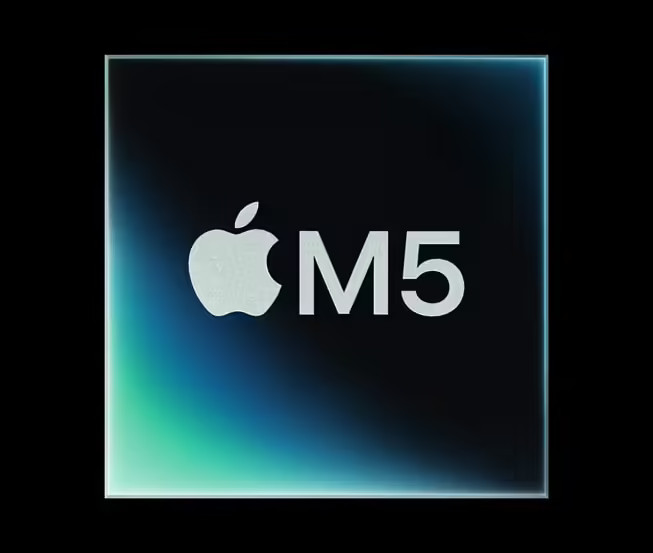On November 12, OpenAI Chief Information Security Officer Dane Stuckey published a lengthy post, for the first time disclosing that The New York Times (NYT), in its copyright lawsuit, is demanding that OpenAI hand over 20 million records of ChatGPT user conversations, and accused the action of “disregarding the bottom line of privacy.” OpenAI stated it has initiated a legal defense and will accelerate the introduction of technical measures such as client-side encryption, vowing that “even if we lose the lawsuit, we will ensure user data is inaccessible to third parties.”
According to the article, after The New York Times filed a copyright infringement lawsuit against OpenAI and Microsoft at the end of 2023, it applied for “discovery” this autumn in the U.S. District Court for the Northern District of California, demanding that OpenAI provide 20 million randomly sampled consumer-grade ChatGPT conversation records between December 2022 and November 2024. The New York Times argues that it needs to search these records to determine if users “instructed ChatGPT to reproduce its paid articles to bypass the paywall.”
OpenAI is rebutting The New York Times‘ demands point by point, arguing that over 99.99% of the user conversations are irrelevant to The New York Times; OpenAI’s previous proposal for a “keyword filtering + anonymized samples” solution was rejected by The New York Times.
OpenAI immediately filed a motion with the court against The New York Times‘ action, requesting that the demand be dismissed or the sample scope be significantly restricted. Furthermore, it announced the acceleration of “client-side encryption,” meaning that user conversations with ChatGPT will be “un-decryptable even by OpenAI itself” in the future. OpenAI also stated that if ultimately forced to submit the data, it will perform automated PII (Personally Identifiable Information) removal on all 20 million records, which will then only be available for review by attorneys inside a “court-designated safe room.”
It is reported that this is not the first time The New York Times has made such an excessive demand. Dane Stuckey revealed in the article that in early 2024, The New York Times demanded access to 1.4 billion conversations, which the court ruled was “clearly excessive”; in June 2024, The New York Times attempted to prohibit users from deleting chat history, but OpenAI successfully defended against this, restoring the “right to delete.”
Dane Stuckey concluded the post by stating, “Our long-term roadmap includes advanced security features designed to keep your data private, including client-side encryption for your messages with ChatGPT.” This suggests that even if the court rules against OpenAI, The New York Times might end up with a collection of “encrypted black boxes.”

